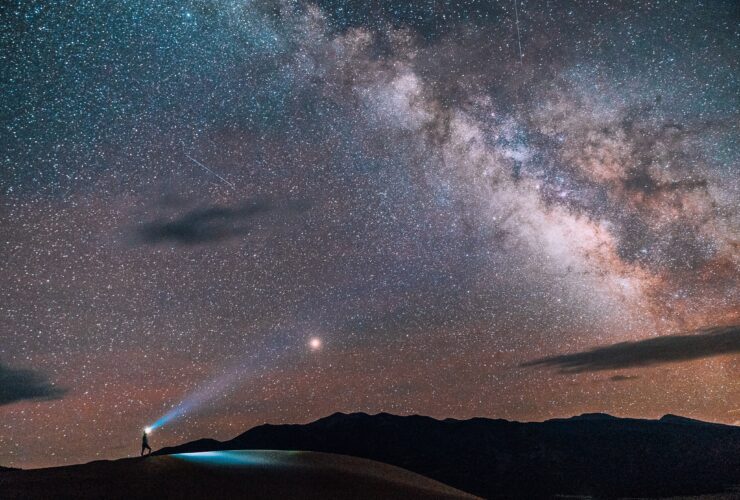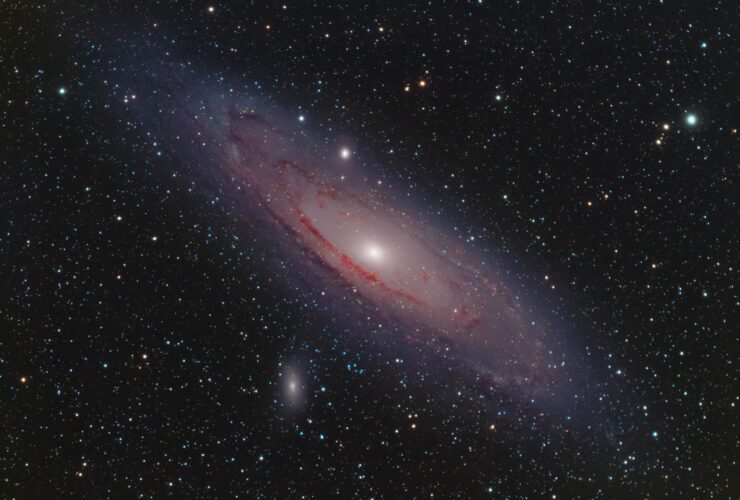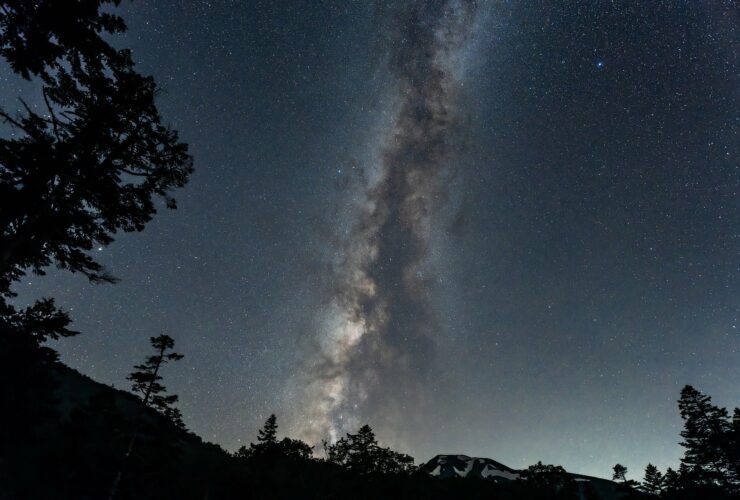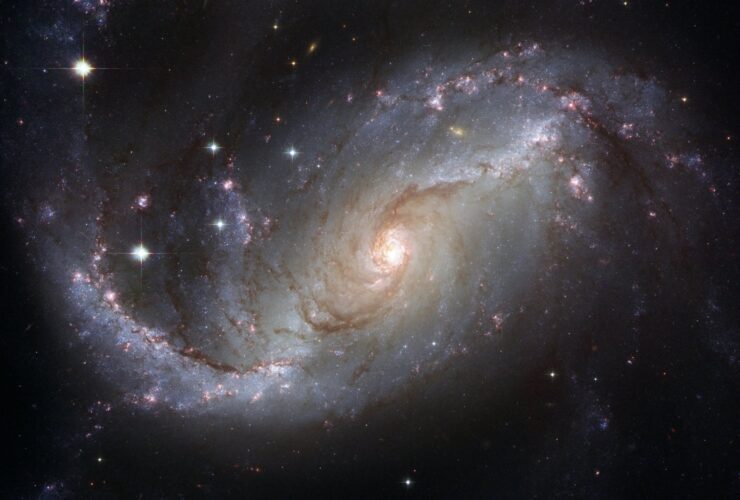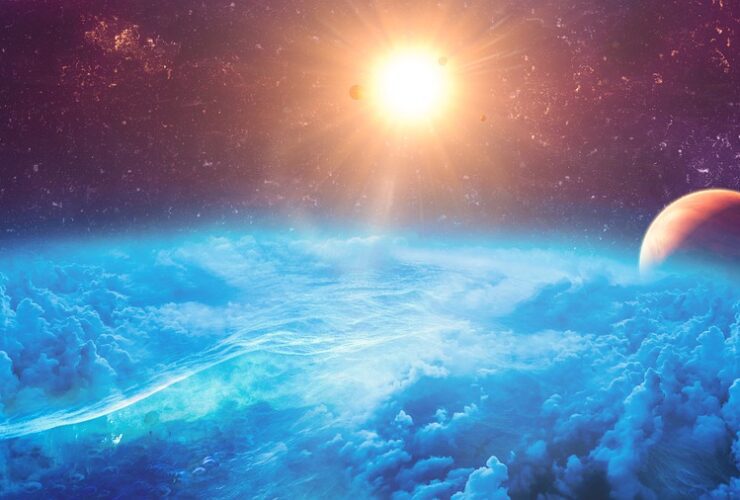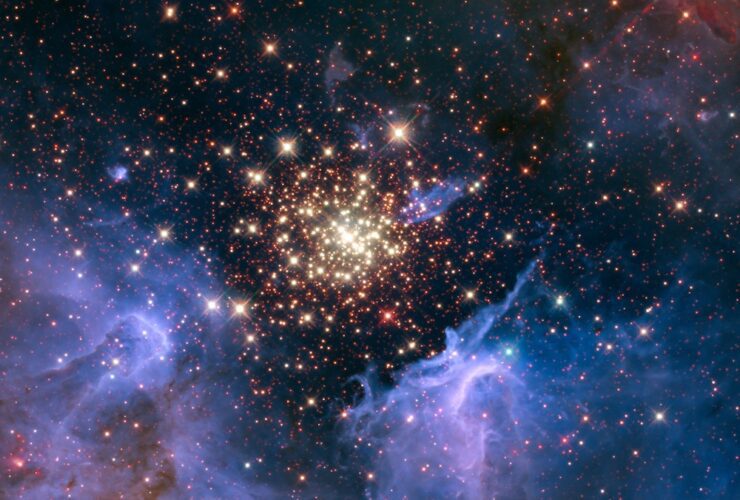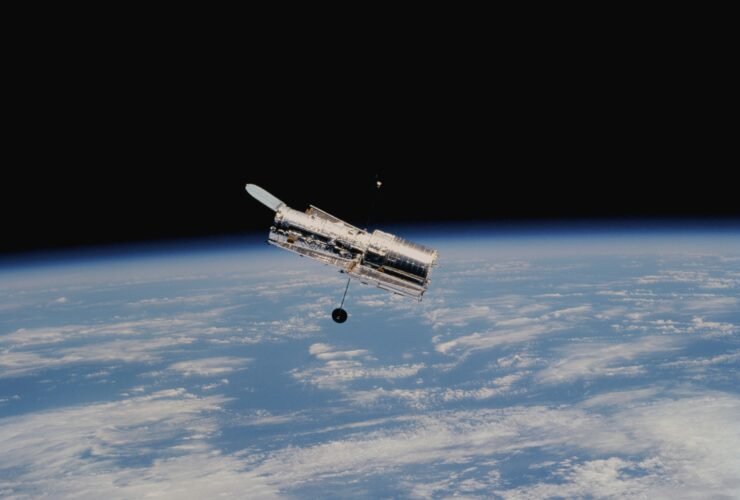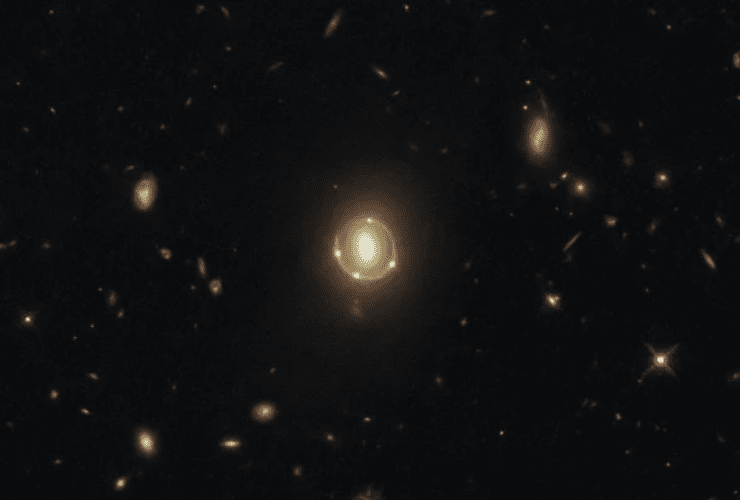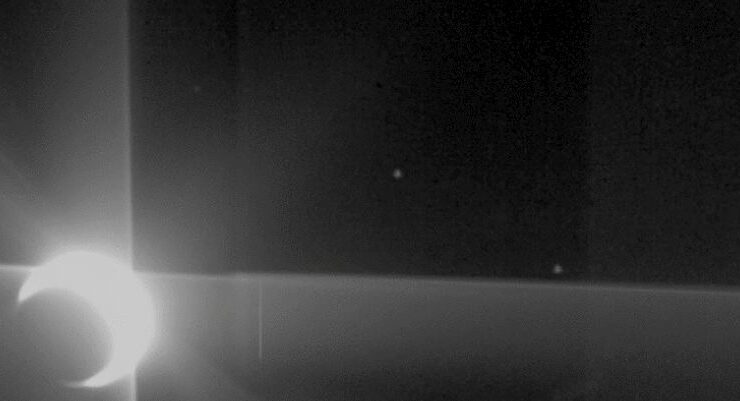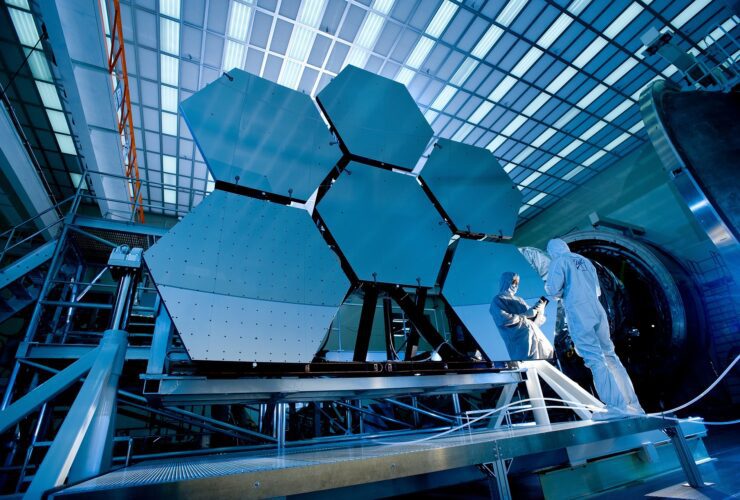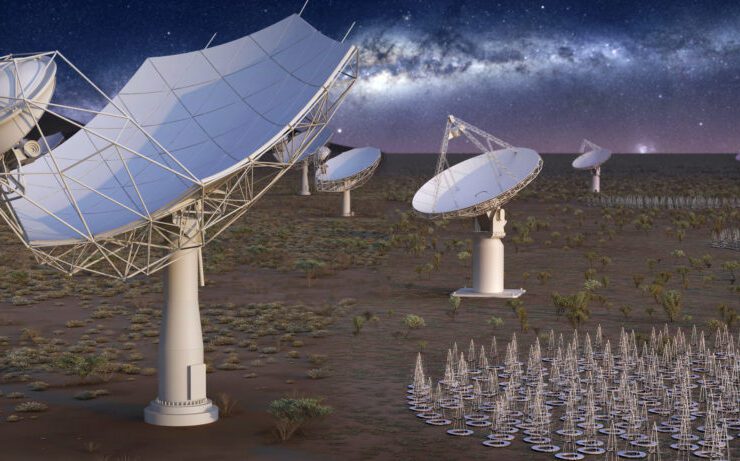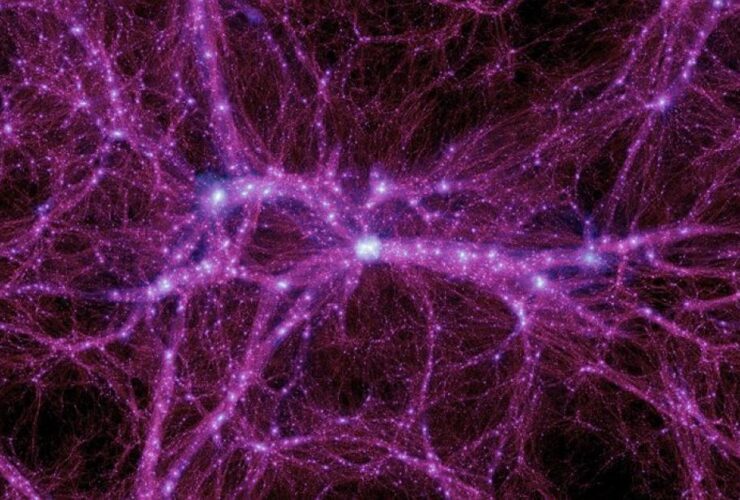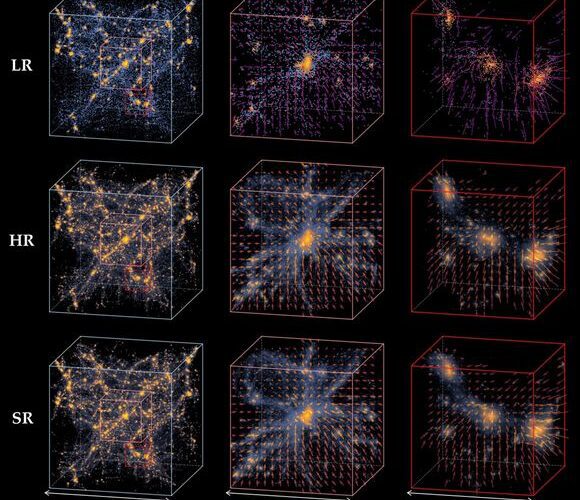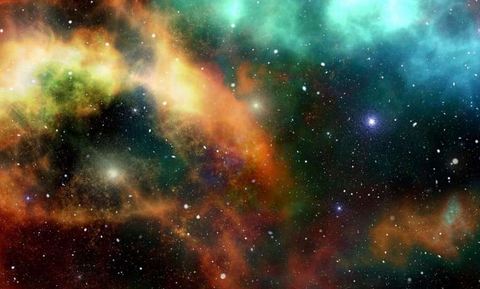A team of researchers has discovered the building elements of RNA in our galaxy. Frontiers in Astronomy and Space Sciences published their results. Astronomers found some of these building pieces in a cloud located near the core of our galaxy, ...
Most astrophysicists agree that our Universe was born along with the Big Bang. However, that doesn’t necessarily mean that nothing existed before the birth of our Universe itself. Something totally different might have existed that cannot actually be considered part ...
If you know about the Andromeda galaxy (aka Messier 31 or simply M31), you’re already well aware a bit of how incredible our Universe is. Andromeda is a galaxy more than twice as big as the Milky Way, and it’s ...
Unfortunately for all of us, the Universe is not a friendly place as we like to believe or as we’ve been told. Meteors fly through the Earth’s atmosphere all the time, and there’s no wonder why a really big one ...
A swarm of planet-forming dust has been discovered by astronomers to contain the biggest organic molecule yet seen, possibly providing fresh insights into how the building elements of life eventually wind up on planets. A team of researchers from the ...
Scientists have discovered for the first time, with the help of the most sophisticated telescopes that we have on this planet, as well as in space, a neutron star consuming stuff from a neighboring star, which is producing bursts of hot, ...
In its early stages, a temperature check of the universe, just 880 million years after the Big Bang, was made possible by studying the shadow produced by a cloud of cold water gas 13.8 billion light-years distant from Earth. It’s ...
The NASA TESS (Transiting Exoplanet Survey Satellite) mission just discovered something significant: our own sun is remarkably well-behaved in comparison to its counterparts elsewhere in the cosmos. (Image courtesy of NASA/Solar Dynamics Observatory and Getty Images.) According to Universe Today, ...
We’ve all been used by now to see extraordinary images photographed from space with advanced telescopes. Stars, galaxies, quasars, supernovae, nebulae, neutron stars, and more. But as for now, in 2021, very few such images can still leave us speechless. ...
The clock created by Jun Ye from the University of Colorado would need around 15 billion years to miss only one second—about the age of the world itself. For this innovation, together with Hidetoshi Katori from Japan, the Chinese-American researcher will receive 3 million as co-winners ...
Do you know how essential gravity is in the Universe? It acts as a peculiar ‘glue,’ that ties everything together strangely yet fascinating. We can also use gravity to spot distant cosmic features, an effect dubbed gravitational lensing predicted by ...
Ever wondered how sunlight is on other planets? Well, you may never know when you could actually come across some proof! Venus is well-known for its inhospitality. It’s a nightmarish planet, rough at edges, and apparently, the most reflective planet ...
The Universe has a long history, the longest of all. It started roughly 13.7 billion years ago along with the Big Bang, a phenomenon that appeared with no apparent cause, had energy from apparently nowhere and started to expand without ...
It seems that we might be one step closer to finding out more about the real shape of the Universe. Japanese astronomers have come up with new artificial intelligence (AI) technique in order to remove noise from the astronomical data. ...
The world always needs more powerful tools to look deeper into the wonders of the Cosmos. Until only one hundred years ago, astronomers were sure that the Universe is infinite in space and time, and there’s no wonder why. All ...
A galaxy is unfathomably huge, as it usually contains hundreds of billions of stars. But since the Universe is much bigger, so big that nobody knows for sure where its boundaries are, there’s no telling if it could be a ...
We just love some good, intriguing Universe simulations, right? Well, how about simulating the grand Universe 1000 times faster? A team of bold scientists from the Flatiron Institute have come up with a method to simulate the Universe 1000 times ...
The United Arab Emirates now makes history with its first – and successful – interplanetary mission! The UAE’s probe, dubbed Hope, in Arabic “Al-Amal,” entered Mars’ orbit on Monday (February 8). The spacecraft is developed to unveil the secrets of ...
According to long-standing laws and other cosmic rules, stars are formed in thick clouds of molecular hydrogen gas. The full process is complicated, but some recent research can offer enough details except for a thing. What truly determines the level ...

